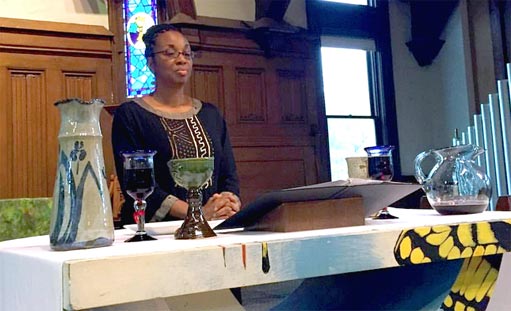
About Association of Practical Theology
The purpose of the Association of Practical Theology (APT) is to promote critical discourse that integrates theological reflection and practice. Reconstituted from its predecessor organizations from 1984, the APT was sparked by the investigation of practical theology as an integrative hermeneutical endeavor at the heart of theological education, characterizing not only the ministerial sub-disciplines but also a manner and method of engaged reflection.
The APT sponsors a session annually in conjunction with the American Academy of Religion. The APT gathers its own conference every two years at its Biennial Meeting, allowing the membership to study issues in greater depth and conduct its formal business. The APT welcomes new members from all areas of religious and theological study who have an interest in the critical examination of religious traditions and practices. Membership dues of $50 (or $25 for students) are paid annually.
The Association of Practical Theology does not and shall not discriminate on the basis of race or ethnicity, color, religious affiliation, gender, gender expression, age, national origin (ancestry), disability, marital status, sexual orientation, or military status, in any of its activities, groups, or operations. These include but are not limited to: membership in the Association, leadership on its decision-making bodies, and participation in its events (e.g., the Biennial Conference). We are committed to providing an inclusive and welcoming environment for all members.
The APT is proud to be a Related Scholarly Organization with the American Academy of Religion.
Our Purpose...
The Association of Practical Theology (APT) promotes critical discourse that integrates theological reflection and practice. Reconstituted from its predecessor organizations 1984, the APT was sparked by the investigation of practical theology as an integrative hermeneutical endeavor at the heart of theological education, characterizing not only the ministerial sub-disciplines but also a manner and method of engaged reflection.
